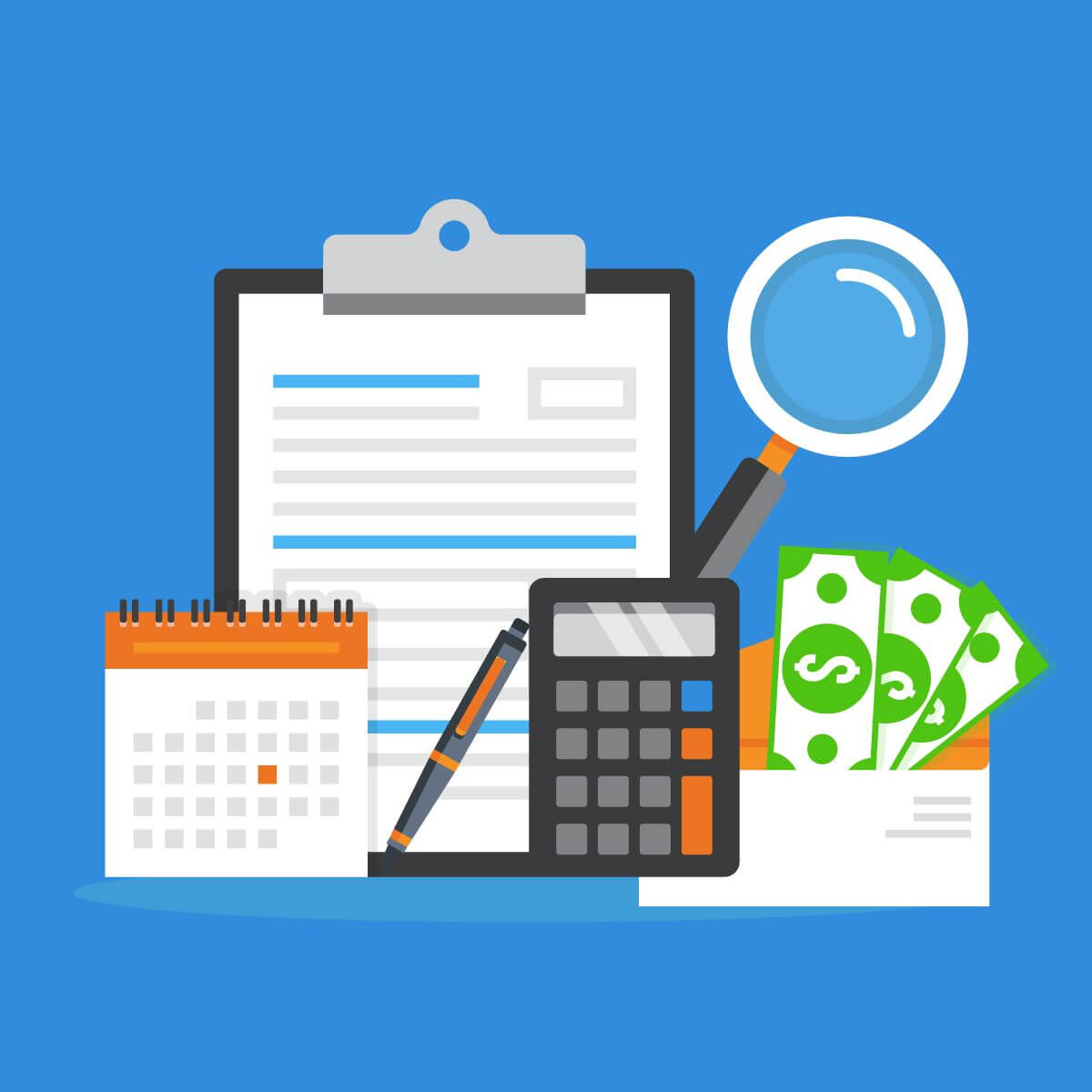Ready to build a better future? Apply now.
Personal loansThe simple answer: A secured personal loan requires you to provide collateral for your loan, while an unsecured loan does not.
According to the Consumer Financial Protection Bureau, collateral is an asset that secures a loan or other debt.
Both unsecured and secured personal installment loans allow you to repay your loan in multiple payments over a period of time. They both accrue interest and can have a positive impact on your credit score, if reported, when you make your payments on time and in full.
Key takeaways: Secured vs unsecured loans
- Applying for secured loans means staking collateral, whereas unsecured loans don’t need collateral at all.
- Each financial service provider calculates how much money their customers qualify to borrow and the interest rates associated with the loan.
- Secured loans require collateral to secure, but oftentimes come with lower interest rates and higher loan amounts.
Here’s what we’re going to cover:
- Why lenders offer secured loans vs unsecured loans
- The advantages of secured vs unsecured loans
- The advantages of unsecured vs secured loans
- The difference between secured and unsecured loans at Oportun
Why lenders offer secured loans vs unsecured loans
It’s all about risk. When it comes to loans, lenders provide money to borrowers assuming borrowers will pay back the money, along with any interest and fees. With every loan they make, lenders risk that the borrower might not be able to repay the loan. The amount of risk lenders believe they take on often determines whether or not they’ll require you to have collateral to secure the loan.
Lenders each have their own ways of calculating risk. Traditional lenders give the most weight to your credit score. Some alternative lenders (like Oportun) also look at things such as your payment history for utility and phone bills, your income, and more.
If you have a history of making payments on time and can show a steady income, lenders assume less risk lending money to you and are less likely to require collateral.
On the other hand, if lenders are unsure of your ability to repay your debts, they may offer you a secured loan. When you secure a loan with collateral, lenders assume less risk because they can use the collateral to pay down your balance if your loan become delinquent. With a secured loan, lenders know they’ll at least get some of their money back.
The advantages of secured vs unsecured loans
When you take out a secured loan, your lender puts a lien (or claim) on your collateral. If for some reason you default on your loan, lenders may take your collateral as a form of payment.
But having a lien on your collateral doesn’t impact your daily life. If you use your car as collateral to secure a loan, you still get to drive and keep your car while the loan is open. Once your loan is paid off, the lien is released.
A secured personal loan can be easier to get if your credit score is low or you have no score at all. This is a huge plus if you are just starting to establish credit history and find that traditional lenders won’t help you.
Plus, when lenders evaluate risk, they really only have your credit history to rely on. They don’t know how your situation may be changing. You’re the only one with a full look at your income and expenses. If you’re confident in your future budget, a secured loan may be a great option to get the loan you need at an affordable rate.
The advantages of unsecured vs secured loans
While secured loans require collateral to obtain, an unsecured personal loan does not. Because there is no collateral involved, lenders may charge higher interest rates for these types of loans.
Additionally, the extra step of assessing collateral could mean that your secured loan might take longer to receive compared to an unsecured loan. If you need money quickly and qualify for both types of loans, choosing an unsecured loan may get you your money faster.
The most important thing you can do when taking out a loan is to take the time you need to understand what you’re being offered. Ask your lender about the interest rate, monthly payments, and loan terms. When you’re confident in your ability to make the monthly payments, you set yourself up for success with any loan.
Oportun: Affordable lending options designed with you in mind
Now that you understand the difference between secured and unsecured loans, you can learn about how Oportun may be able to help you if you’re looking for affordable credit options. Visit our homepage to learn about:
- Personal loans
- Secured personal loans
- Credit cards
- And more!
Sources:
Experian. What is a secured loan?
The information in this site, including any third-party content and opinions, is for educational purposes only and should not be relied upon as legal, tax, or financial advice or to indicate the availability or suitability of any Oportun product or service to your unique circumstances. Contact your independent financial advisor for advice on your personal situation.
Personal loans through Oportun subject to credit approval. Terms may vary by applicant and state and are subject to change. If you refinance, you may pay interest over a longer period of time or at a higher rate and the overall cost of your loan may be higher. Loans in NM and WI are originated by Oportun, Inc. California loans made pursuant to a California Financing Law license. NV loans originated by Oportun, LLC. In AL, AK, AR, AZ, CA, DE, FL, GA, HI, ID, IL, IN, KS, KY, LA, MI, MN, MO, MS, MT, NC, ND, NE, NH, NJ, OH, OK, OR, PA, RI, SC, SD, TN, TX, UT, VA, VT, WA and WY loans are originated by Pathward®, N.A.. Terms, conditions, and state restrictions apply.
You might also like










